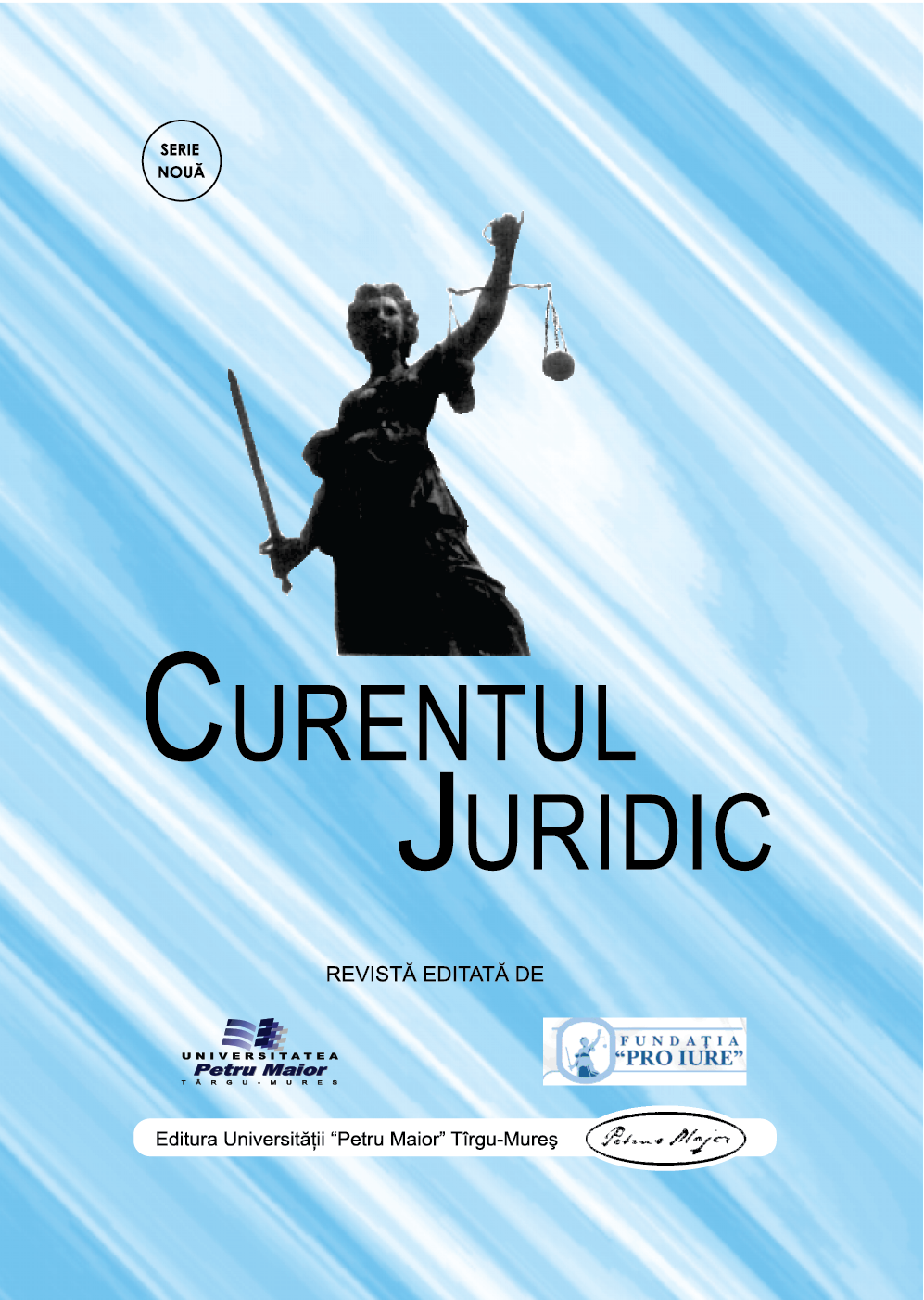TO PROTECT OR NOT TO PROTECT?
ANALYSIS OF SOME KEY FACTORS OF THE AMENDED RULES OF POSTING AT THE INTERSECTION OF FREE MOVEMENT OF WORKERS AND THE FUNDAMENTAL RIGHTS OF WORKERS
TO PROTECT OR NOT TO PROTECT?
ANALYSIS OF SOME KEY FACTORS OF THE AMENDED RULES OF POSTING AT THE INTERSECTION OF FREE MOVEMENT OF WORKERS AND THE FUNDAMENTAL RIGHTS OF WORKERS
Author(s): Márton Leó ZaccariaSubject(s): Law, Constitution, Jurisprudence, Constitutional Law, Civil Law, International Law, EU-Legislation
Published by: Editura University Press, Universitatea de Medicina, Farmacie, Stiinte si Tehnologie “George Emil Palade” din Targu Mures
Keywords: European Pillar of Social Rights; free movement of workers; fundamental social rights; labour law; posting of workers;
Summary/Abstract: The free movement of workers as a fundamental freedom – laid down in Article 45 of the Treaty on the Functioning of the European Union – is supported by fundamental right guarantees from more sides. These guarantees primarily focus on the economic side of the labour market and of employment in general. This factor has a huge impact on the workers’ social rights and legal interests as well. However – besides the economic circumstances – free movement has a great effect on the workers’ social situation as well, which means that the traditional, socially-motivated interests that stem from labour law should also be in the focus of the regulation of free movement, otherwise workers would not be able to exercise this fundamental right properly. Therefore, free movement of workers shows a special duality of interests, which is on the one hand based around the economic necessity and on other hand around a stronger need for protecting the social interests of workers. The latter is reflected in some recent legislations in European Union law and this phenomenon shows the importance of the protection of workers’ rights in general. We can see the social and labour market development based and planned on the European Pillar of Social Rights (2017) and specifically the reform of Directive 96/71/EC on the posting of workers (2018) because both new directions clearly show the need for strengthening the social protection of posted workers in the field of equal treatment or the minimum guarantees of employment. This paper analyses these new ways in the regulation of posting of workers.
Journal: Curentul Juridic
- Issue Year: 82/2020
- Issue No: 3
- Page Range: 22-38
- Page Count: 17
- Language: English

